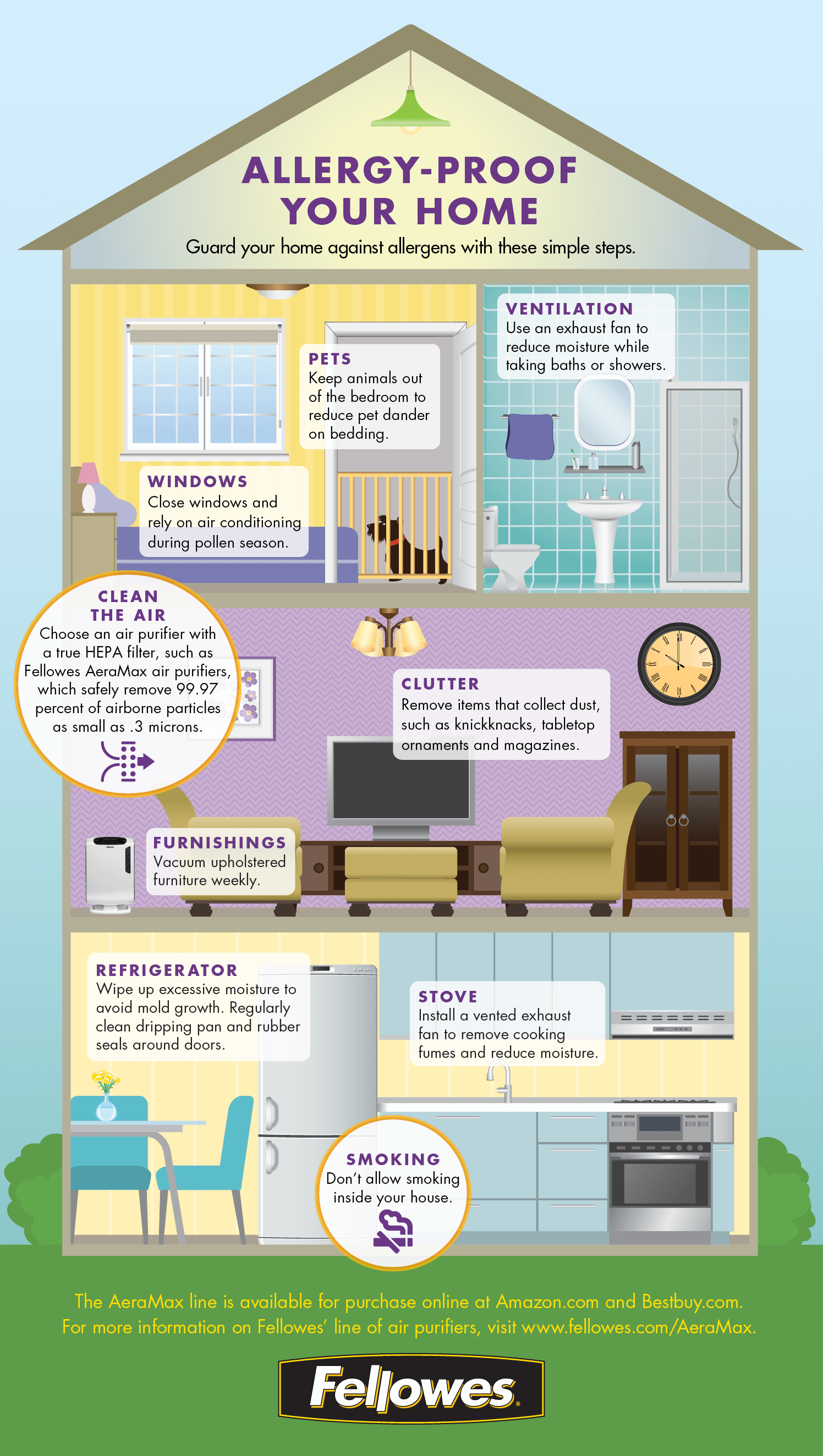The Future Of Home Home Heating - Exactly How Heatpump Innovation Is Developing
The Future Of Home Home Heating - Exactly How Heatpump Innovation Is Developing
Blog Article
heat pump lifespan By-Marshall MacGregor
Heat pumps will be a critical innovation for decarbonising heating. In a scenario regular with governments' introduced energy and environment dedications, their worldwide ability doubles by 2030, while their share in home heating rises to one-quarter.
They function best in well-insulated homes and rely upon electrical energy, which can be provided from a renewable power grid. Technical developments are making them a lot more reliable, smarter and more affordable.
Gas Cells
Heat pumps make use of a compressor, refrigerant, coils and followers to relocate the air and heat in homes and devices. They can be powered by solar power or electrical energy from the grid. They have actually been obtaining popularity as a result of their low cost, peaceful procedure and the capacity to produce power during peak power need.
Some firms, like IdaTech and BG MicroGen, are dealing with gas cells for home heating. These microgenerators can replace a gas boiler and create a few of a house's electric requirements with a link to the electrical power grid for the remainder.
However there are reasons to be cynical of using hydrogen for home heating, Rosenow states. linked resource site would certainly be expensive and ineffective contrasted to various other technologies, and it would contribute to carbon exhausts.
Smart and Connected Technologies
Smart home innovation permits homeowners to link and control their gadgets from another location with the use of mobile phone applications. For instance, smart thermostats can learn your home heating choices and immediately adapt to maximize power consumption. Smart illumination systems can be controlled with voice commands and immediately switch off lights when you leave the area, reducing energy waste. And wise plugs can keep track of and manage your electric use, enabling you to determine and limit energy-hungry devices.
The tech-savvy family depicted in Carina's interview is a great picture of exactly how owners reconfigure space home heating practices in the light of new clever home innovations. They depend on the tools' computerized functions to accomplish everyday changes and concern them as a hassle-free means of conducting their home heating methods. Because of https://www.dailycommercial.com/story/lifestyle/2021/01/08/around-house-repair-appliances-replace/6556938002/ , they see no reason to adjust their methods additionally in order to enable versatility in their home energy demand, and interventions aiming at doing so may face resistance from these households.
Electrical energy
Given that heating up homes accounts for 13% of US emissions, a switch to cleaner choices can make a huge difference. But the technology faces obstacles: It's pricey and requires comprehensive home improvements. And it's not always suitable with renewable resource resources, such as solar and wind.
Till recently, electrical heatpump were too expensive to take on gas models in the majority of markets. But new technologies in layout and materials are making them much more economical. And much better cool climate performance is enabling them to operate well also in subzero temperature levels.
The following step in decarbonising heating may be making use of heat networks, which attract heat from a central source, such as a neighboring river or sea inlet, and distribute it to a network of homes or structures. That would certainly reduce carbon discharges and enable homes to make the most of renewable resource, such as environment-friendly power from a grid supplied by renewables. This option would certainly be much less expensive than switching to hydrogen, a nonrenewable fuel source that calls for brand-new infrastructure and would just minimize CO2 exhausts by 5 percent if paired with improved home insulation.
Renewable resource
As electricity rates drop, we're beginning to see the exact same pattern in home heating that has driven electrical cars and trucks into the mainstream-- yet at an also quicker pace. The solid climate instance for impressive homes has been pressed further by brand-new study.
Renewables account for a significant share of contemporary warmth intake, but have been given restricted policy attention globally contrasted to other end-use industries-- and even less focus than electrical energy has. Partially, this reflects a mix of consumer inertia, split motivations and, in lots of countries, subsidies for nonrenewable fuel sources.
New modern technologies could make the shift much easier. For instance, heat pumps can be made much more power efficient by changing old R-22 refrigerants with brand-new ones that do not have the high GWPs of their precursors. Some professionals likewise picture area systems that attract heat from a neighboring river or sea inlet, like a Norwegian arm. The warm water can after that be used for heating and cooling in an area.